U.S. Supreme Court Sides With Texas Woman Who Claimed She Was Arrested Out of Political Retribution
In a landmark decision, the U.S. Supreme Court has revived the civil rights claim of Sylvia Gonzalez, a 76-year-old Texas woman. Gonzalez alleges her 2019 arrest was politically motivated.
This ruling offers her another chance to seek justice against the San Antonio suburb of Castle Hills. The case has significant implications for First Amendment rights.
Who is Sylvia Gonzalez?
Sylvia Gonzalez is Castle Hills’ first Latina city council member. She was elected to the council in 2019.
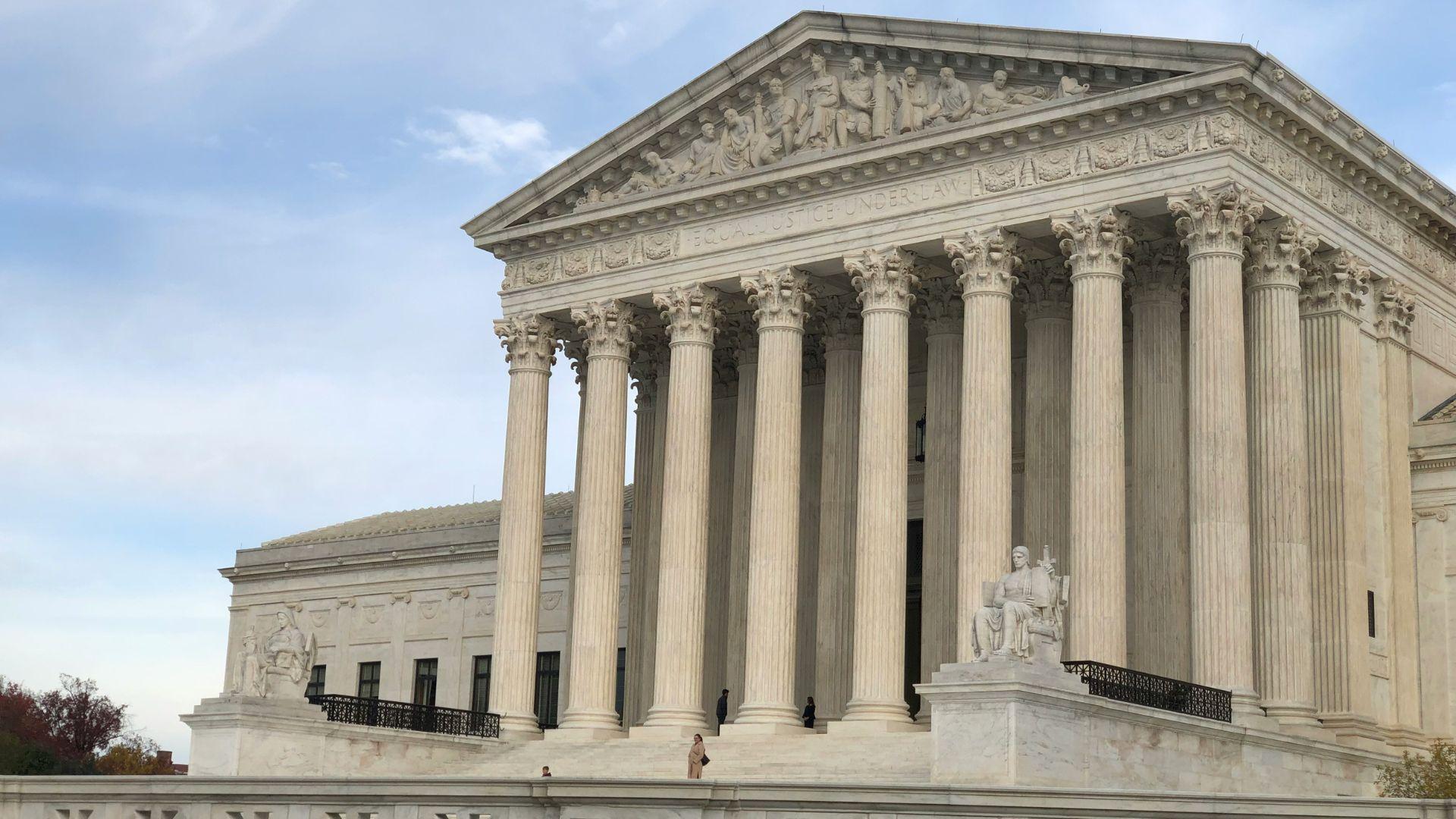
Source: Joshua Woods/Unsplash
Her arrest shortly after taking office sparked a legal battle that has lasted five years. Gonzalez’s fight centers around a petition she accidentally took, calling for the city manager’s removal.
The Incident: Accidental Document Theft
Gonzalez’s arrest stemmed from an innocent mistake. She accidentally placed a petition urging the city to remove its city manager in her binder.

Mayor Edward Treviño discovered the document and alerted the police. Gonzalez was charged with tampering with government documents, a misdemeanor offense.
Arrest and Charges
Weeks after the incident, Gonzalez was charged with tampering with government documents. She turned herself in and spent a night in Bexar County Jail.

Source: Scott Rodgerson/Unsplash
The charges were later dropped, but Gonzalez maintained that her arrest was an act of political retribution for the petition’s contents.
Legal Battle Begins
Gonzalez filed a lawsuit against Castle Hills and several officials, claiming her First Amendment rights were violated.
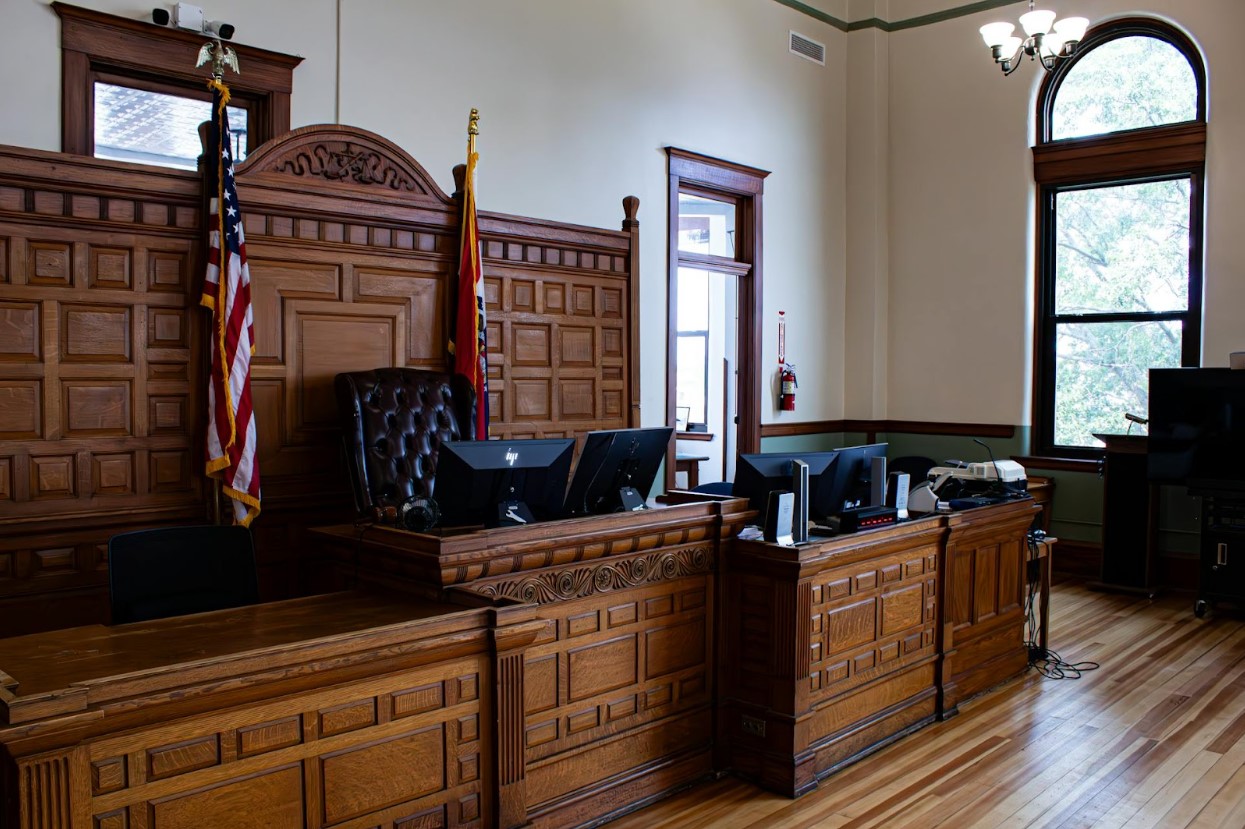
Source: Zachary Caraway/Pexels
She argued that the arrest was retaliatory, intended to silence her and other critics. Her initial efforts were unsuccessful, with the U.S. 5th Circuit Court of Appeals ruling against her.
Supreme Court's Involvement
The Supreme Court agreed to hear Gonzalez’s case in March 2024. Justices compared her arrest to jaywalking, suggesting it was minor conduct not typically warranting an arrest.
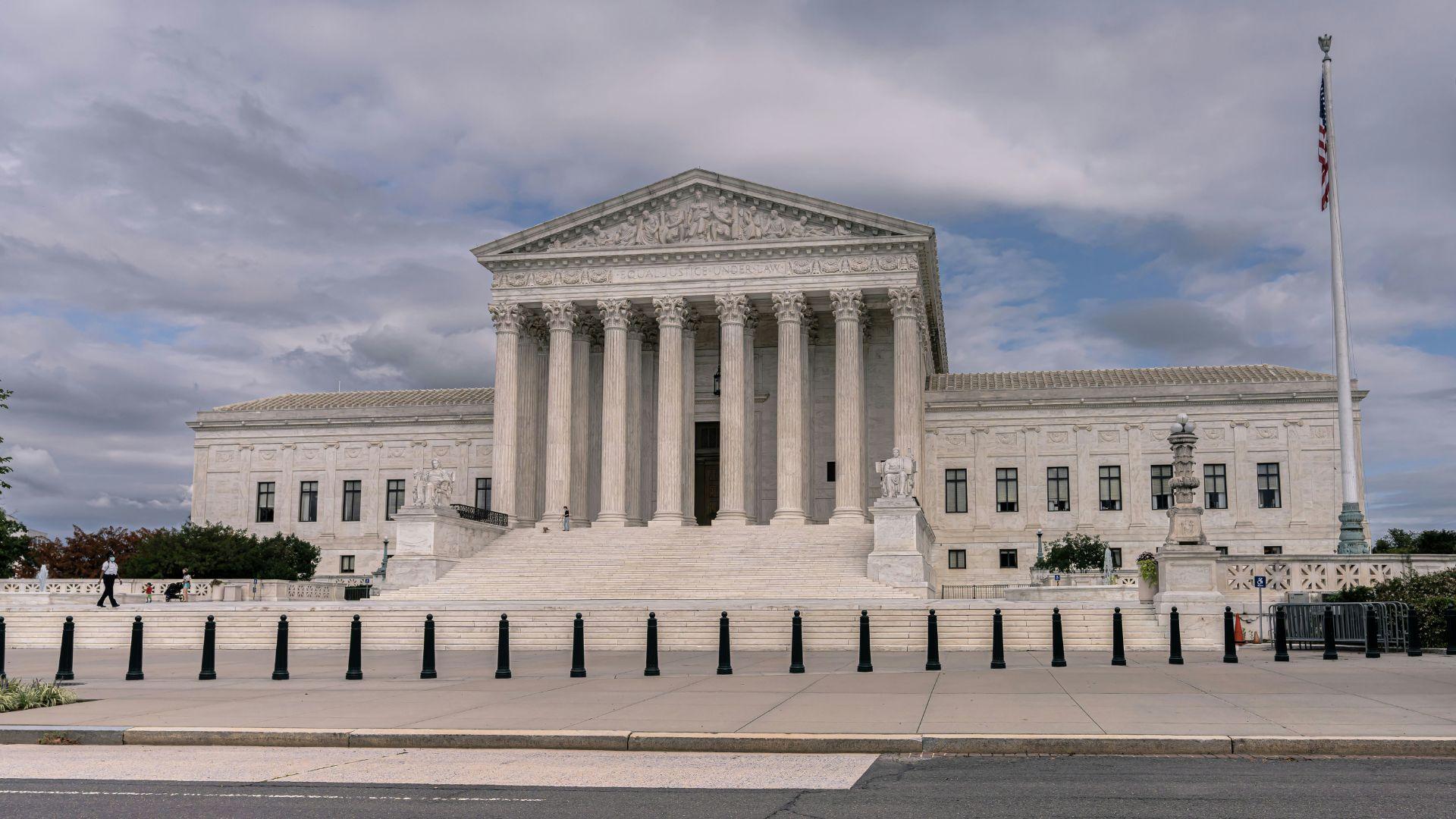
Source: Adam Michael Szuscik/Unsplash
This perspective helped shift the case’s trajectory, focusing on the potentially retaliatory nature of the arrest.
Supreme Court's Decision
The Supreme Court found that the lower court had taken an “overly cramped” view of the key case law.
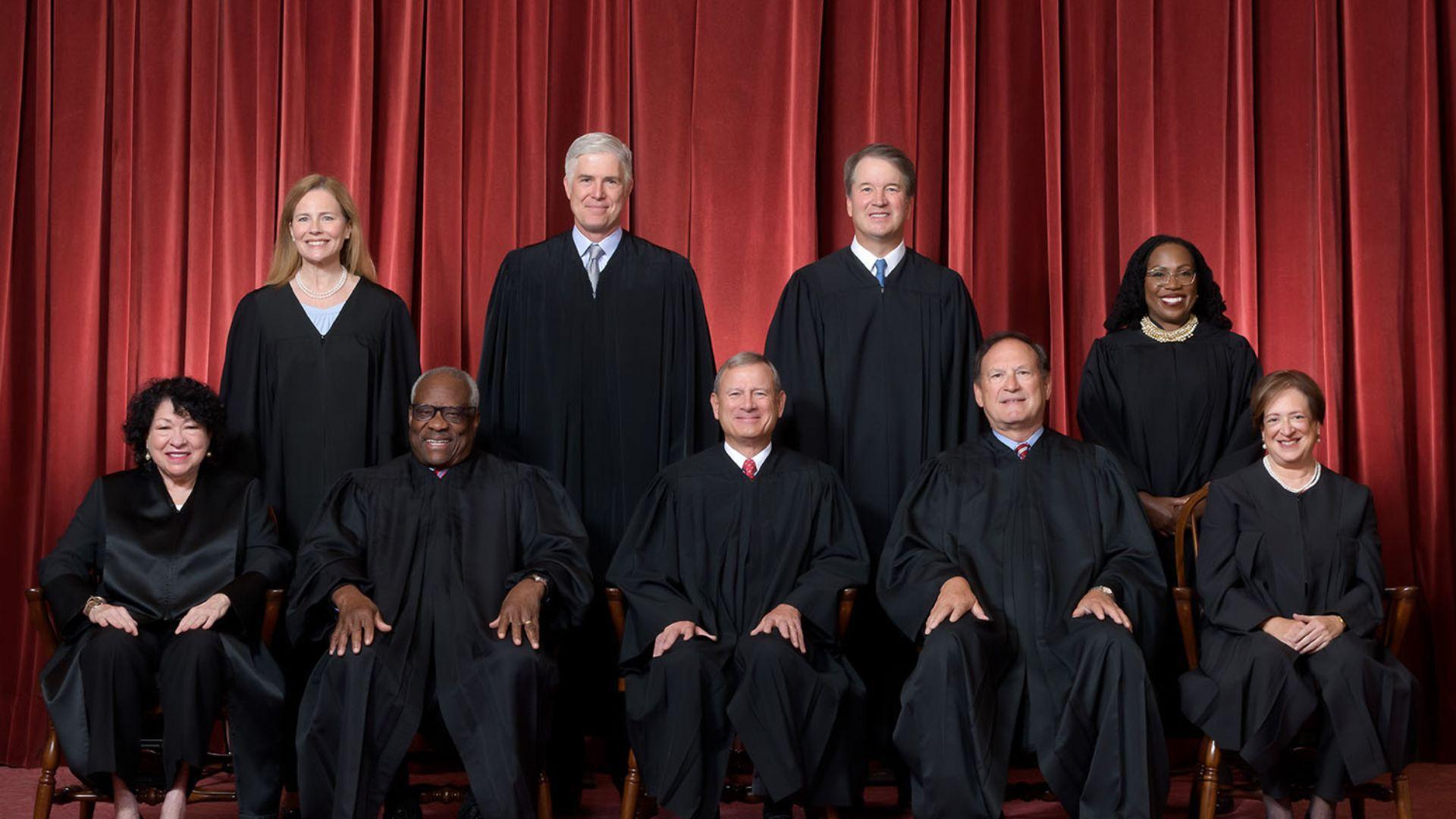
Source: Public Domain/Wikimedia Commons
This decision breathed new life into Gonzalez’s claim, allowing her to pursue further legal action. The ruling emphasized the importance of protecting individuals from political retaliation.
Gonzalez's Reaction
“This has been a nightmare for the last five years. It has kept me up at night, but finally, I can sleep knowing that the nightmare I’ve gone through will protect critics from retaliation in the future,” Gonzalez said in a statement.

Source: Freepik
Her relief was apparent, marking a significant personal and legal victory.
Castle Hills' Response
The city of Castle Hills issued a statement acknowledging the Supreme Court’s decision. They noted that although the ruling extends the timeline, they welcome the further review of the case by the 5th Circuit.

Source: Freepik
The city remains firm in its stance, ready for the next phase of legal proceedings.
Implications for First Amendment Rights
The case shows the ongoing importance of First Amendment protections. Gonzalez’s situation highlights how political retaliation can manifest in subtle ways.
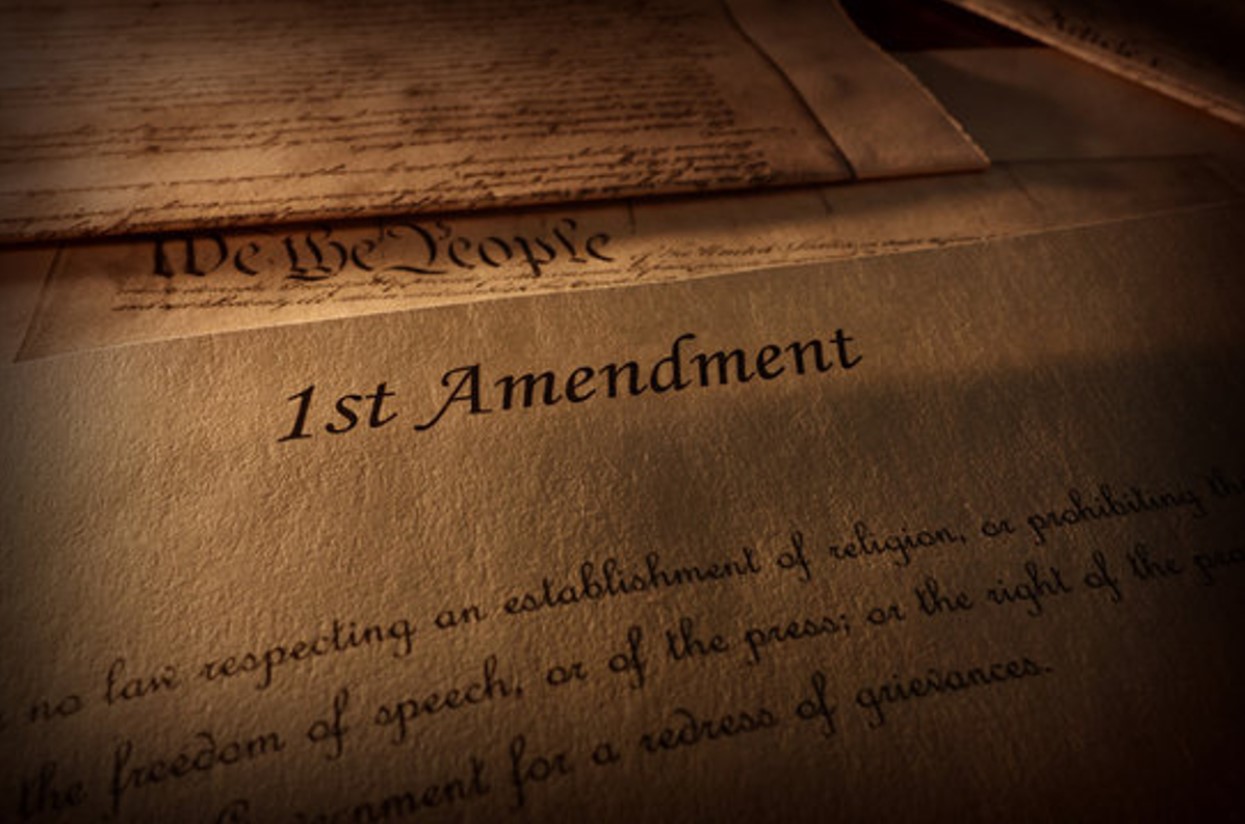
Source: Adobe Stock
The Supreme Court’s decision reinforces the need for vigilance in protecting free speech and political expression.
Broader Legal Context
Gonzalez’s lawyers pointed out that the Texas anti-tampering statutes are rarely used in cases like hers. Typically, these laws address more serious offenses such as fake social security numbers or hiding murder evidence.

Source: Freepik
The unusual application of the statute in Gonzalez’s case was a key argument for her defense.
Next Steps for Gonzalez
With the Supreme Court’s decision, Gonzalez’s case returns to the lower courts for further consideration.

Source: Tingey Injury Law Firm/Unsplash
This phase will involve a closer examination of the evidence and the context of her arrest. The journey ahead remains challenging, but Gonzalez’s resolve appears to be stronger than ever.
